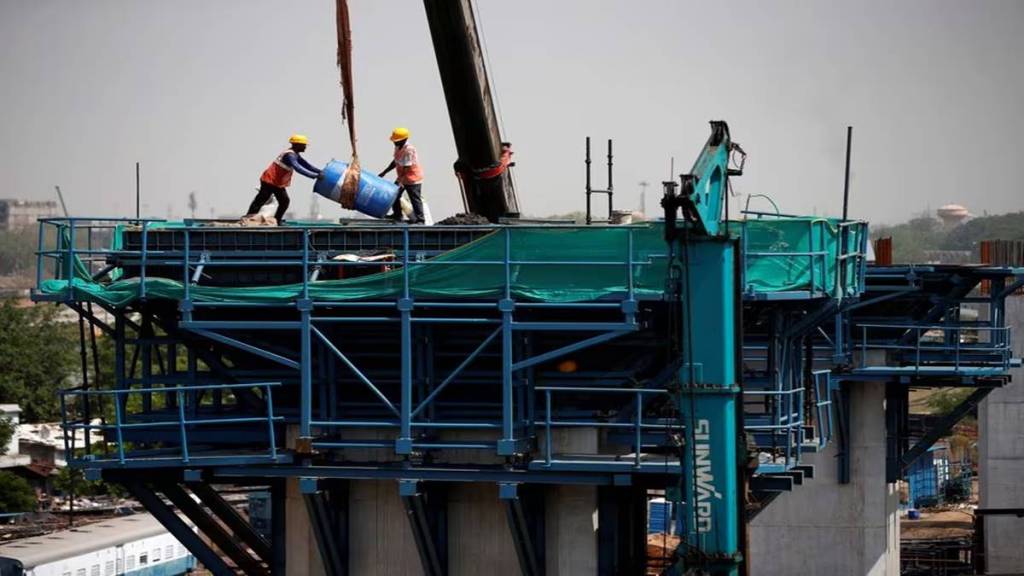Once the four new labour codes are notified by the Centre, the states that have not yet formed rules pertaining to the new codes will be “compelled” to do so, a senior government official told FE, while adding that the new government after the general election is likely to implement the codes soon after it assumes office.
Labour laws fall under the concurrent list of the Schedule 7 of the Constitution of India. “The state governments are bound to implement the laws formulated by the parliament and they can’t refuse to do so,” explained the official. “The Centre didn’t notify the rules as the intent was to take all the states on board, but some states refused to frame the respective rules, such as West Bengal, but post elections, the codes will be notified,” said the official.
The new codes – Code on Social Security 2020; Occupational Safety, Health and Working Conditions Code 2020; Industrial Relations Code 2020; and Code on Wages 2019 – subsumed 44 labour laws to improve the ease of doing business and attract investment for spurring growth.
As of now, 24 states and union territories have formed rules under all four codes – barring West Bengal, Meghalaya, Nagaland, Lakshadweep and Dadar & Nagar Haveli, a report by VV Giri National Labour Institute said in December.
Anshul Prakash, Partner at Khaitan & Co says: “On the rule-making front, no state has refused to frame the rules, but we have seen West Bengal as one of the key states where no movement has been observed yet in this regard.”
Most states have already released draft rules for public consultation, which are at various stages of evaluation of the recommendations received. “In the rare instance where the Centre goes ahead to make the codes effective as law and mandates employers to comply in the absence of state rules, organisations should make attempts to at least comply with the substantive aspects and consider the Central rules as guiding principles for procedural compliance,” said Prakash.
PV Ramana Murthy, head of labour & employment at Economic Laws Practice, said: “State governments do not have the authority to refuse the law formulated by the legislature and if they do so, they can be subjected to legal proceedings for such refusal.”
Industry experts insist on immediate implementation of the new labour laws, before taking any further steps. “We need to see the four labour codes coming into effect before we talk about any future reforms,” said Rituparna Chakraborty, co-founder of TeamLease.
“Once the new laws come into effect, the next phase of innovation of compressing the Codes further into just one Code, enabling data interoperability across different authorities, creating a real-time ecosystem human capital data analytics which makes policy-making relevant and future focussed,” Chakraborty said.


